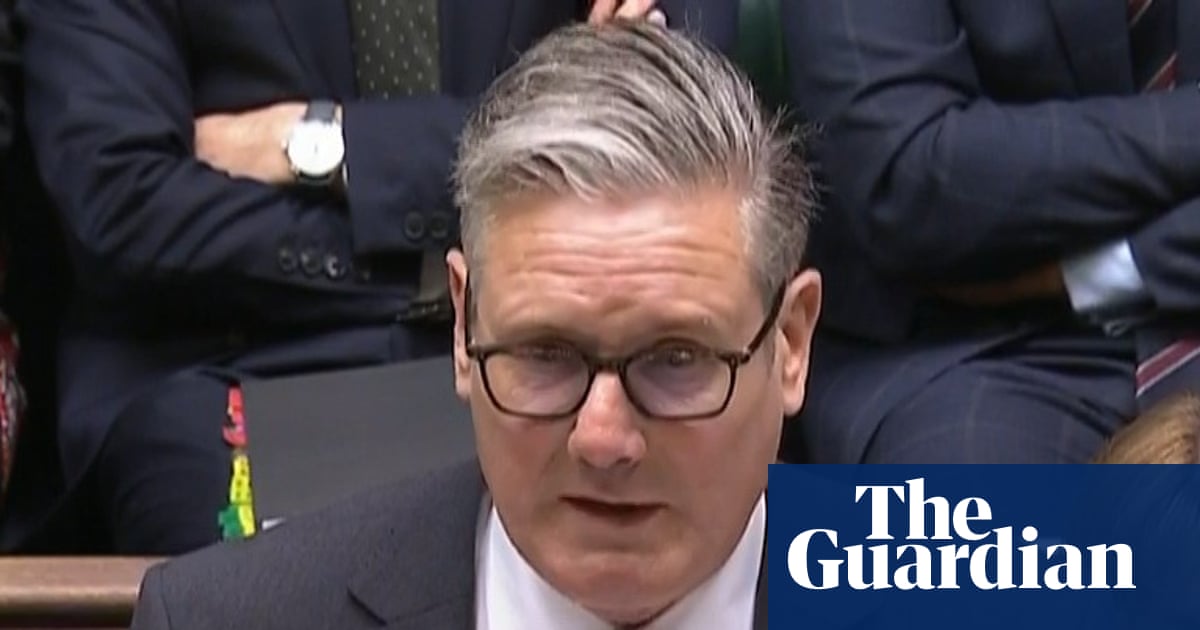By now, the cycle of Donald Trump supporters being slapped in the face by his policies is common enough that it shouldn’t warrant a response. What is noteworthy is the fact that his crusade of mass deportations seems to have taken the Maga crowd by surprise in a way that makes little sense if you’ve been paying attention to Trump, his campaign promises, his party and the people he surrounds himself with.
Even as they witness friends and family members hurt by this administration’s immigration clampdowns, some Trump supporters appear resistant to doing a full 180.
Bradley Bartell, whose wife, Camila Muñoz, was recently detained, says he has no regrets about voting for Trump. Muñoz is from Peru and overstayed a work-study visa that expired right when Covid hit. She was trying to get permanent residency in the US when she was detained.
“I don’t regret the vote,” Bartell told Newsweek. His rationale? Trump is a victim of a bad immigration system that his administration inherited. “He didn’t create the system but he does have an opportunity to improve it. Hopefully, all this attention will bring to light how broken it is.”
For Jensy Machado from Manassas, Virginia, things are a bit more complex. Machado, a naturalized US citizen, was driving to work when, according to NBC 4, he was stopped by Immigration and Customs Enforcement (Ice) agents, who brandished guns and surrounded his truck. According to Machado, a man facing a deportation order had given Machado’s home address as his, and when Machado assured agents that they had the wrong person and offered them his Virginia driver’s license, they ordered him to leave his car and handcuffed him.
“I was a Trump supporter,” Machado, who is Hispanic, said. “I voted for Trump last election, but, because I thought it was going to be like … against criminals, not every Hispanic, Spanish-lookalike.
“They will assume that we are all illegals,” he continued. “They’re just following Hispanic people.”
Machado said his support for the administration had been shaken. Others have been rattled by how and where Trump’s policies are being applied.
That dissonance is well articulated in a recent New York Times piece about a small Missouri town that supported Trump – and is now grappling with the effects of his decisions.
Many residents of Kennett, Missouri, were stunned when a beloved neighbor, Carol, was arrested and jailed to await deportation after being summoned to Ice offices in St Louis in April. According to the government, Carol came to the US from Hong Kong in 2004, and has spent the past two decades trying to secure legal stay in the country, ultimately being granted a temporary permission to stay known as an order of supervision. Carol’s most recent order of supervision was supposed to be valid through August 2025, but on the day of her arrest, she was told it was being terminated.
Now, despite the fact that she’s spent the last two decades building a life and community in this small town, getting married and buying a house, she’s spent weeks moving between jails as she awaits a final decision on her deportation.
“I voted for Donald Trump, and so did practically everyone here,” said Vanessa Cowart, who knows Carol from church. “But no one voted to deport moms. We were all under the impression we were just getting rid of the gangs, the people who came here in droves … This is Carol.”
That last line – and the Kennett story as a whole – reveals a deeply American way of thinking about law and order and civil liberties: that anything is fair game once someone is considered a “criminal”. It’s an idea that has been sent into overdrive in the Trump years, where “criminal” has become a catch-all for the most evil, dangerous and undesirable in our communities, and shorthand for referencing anyone society doesn’t want to deal with.
Trump ran on a campaign of hate, and the voters who helped cement that hatred and codify it into policy are now encountering the kind of state-sanctioned violence they endorsed at the ballot box.
Still, to say “I told you so” in a moment like this is not only useless, it feels like a cruel understatement when the thing you were warning about is so destructive.
So what can we learn from this? US leadership is clearly invested in the destruction of vulnerable American lives. If people who have been directly affected by Trump’s behaviour still find reasons to rationalize his leadership, it’s a reminder that ousting this regime will require the rest of us to speak out against tyranny and the establishment politics that got us here in the first place.
-
Tayo Bero is a Guardian US columnist

 2 months ago
45
2 months ago
45

















































